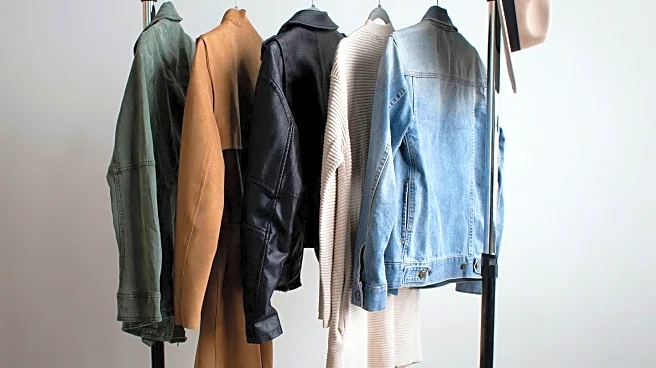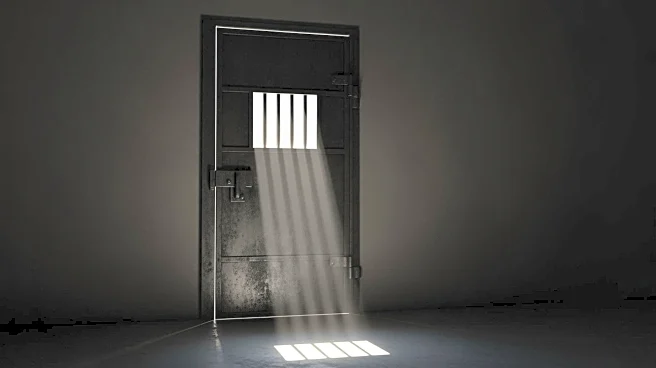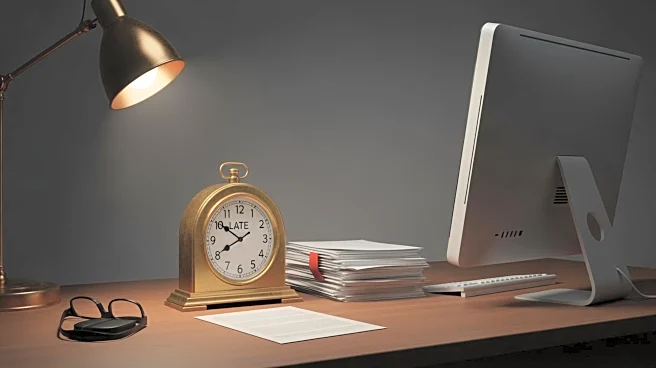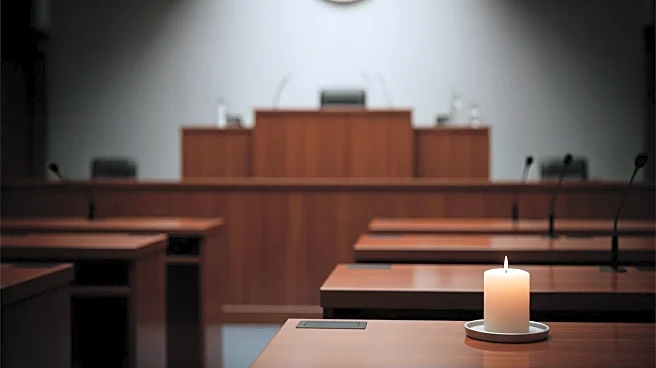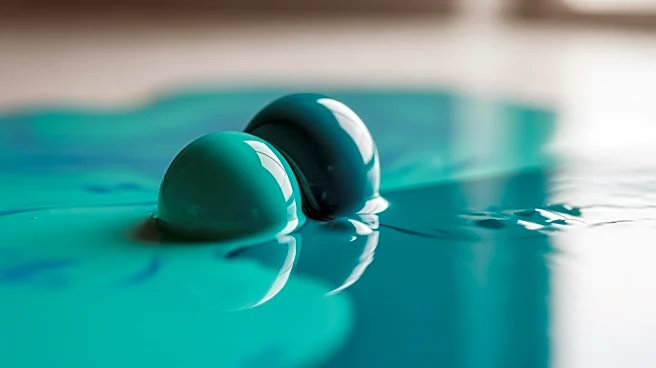What's Happening?
The fashion industry is increasingly focusing on 'elevated basics' as a means to transform everyday wardrobes. This trend involves investing in high-quality foundational pieces such as tees, socks, sweaters,
and work bags, which are believed to enhance overall style when paired with other items. The concept is that well-made basics can elevate any outfit, offering a sleek and polished look. Fashion editors and enthusiasts are testing this theory by incorporating investment-level wardrobe building blocks into their daily attire. The experiment aims to determine if these quality basics can provide the same impact as more noticeable statement pieces.
Why It's Important?
The shift towards elevated basics in fashion reflects a broader trend of prioritizing quality over quantity. This approach can have significant implications for consumer behavior, encouraging individuals to invest in fewer, but higher-quality items. It may lead to a more sustainable fashion industry by reducing the demand for fast fashion and disposable clothing. Consumers who adopt this trend could benefit from longer-lasting wardrobe pieces, potentially saving money in the long run. Additionally, this focus on quality basics could influence fashion brands to innovate and improve their product offerings, impacting industry standards and practices.
What's Next?
As the trend of elevated basics gains traction, fashion brands may increasingly market these items as essential components of a modern wardrobe. This could lead to a shift in retail strategies, with more emphasis on quality and craftsmanship. Consumers might start to see more collaborations between high-end designers and mainstream brands to produce accessible yet luxurious basics. The industry could also witness a rise in educational campaigns aimed at informing consumers about the benefits of investing in quality clothing. Fashion influencers and media outlets are likely to continue exploring and promoting this trend, potentially shaping future fashion norms.
Beyond the Headlines
The focus on elevated basics could have cultural implications, challenging traditional notions of fashion and style. It may encourage a minimalist approach to dressing, where simplicity and subtlety are valued over extravagance. This trend could also spark discussions about the ethics of fashion consumption, highlighting the importance of sustainable practices and responsible consumerism. As individuals become more conscious of their purchasing decisions, the fashion industry might experience a shift towards transparency and accountability, with brands being more open about their production processes and material sourcing.
